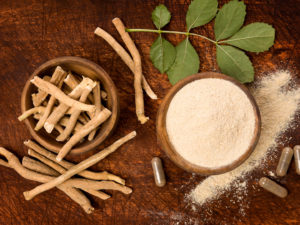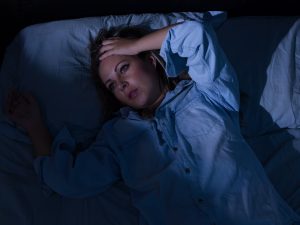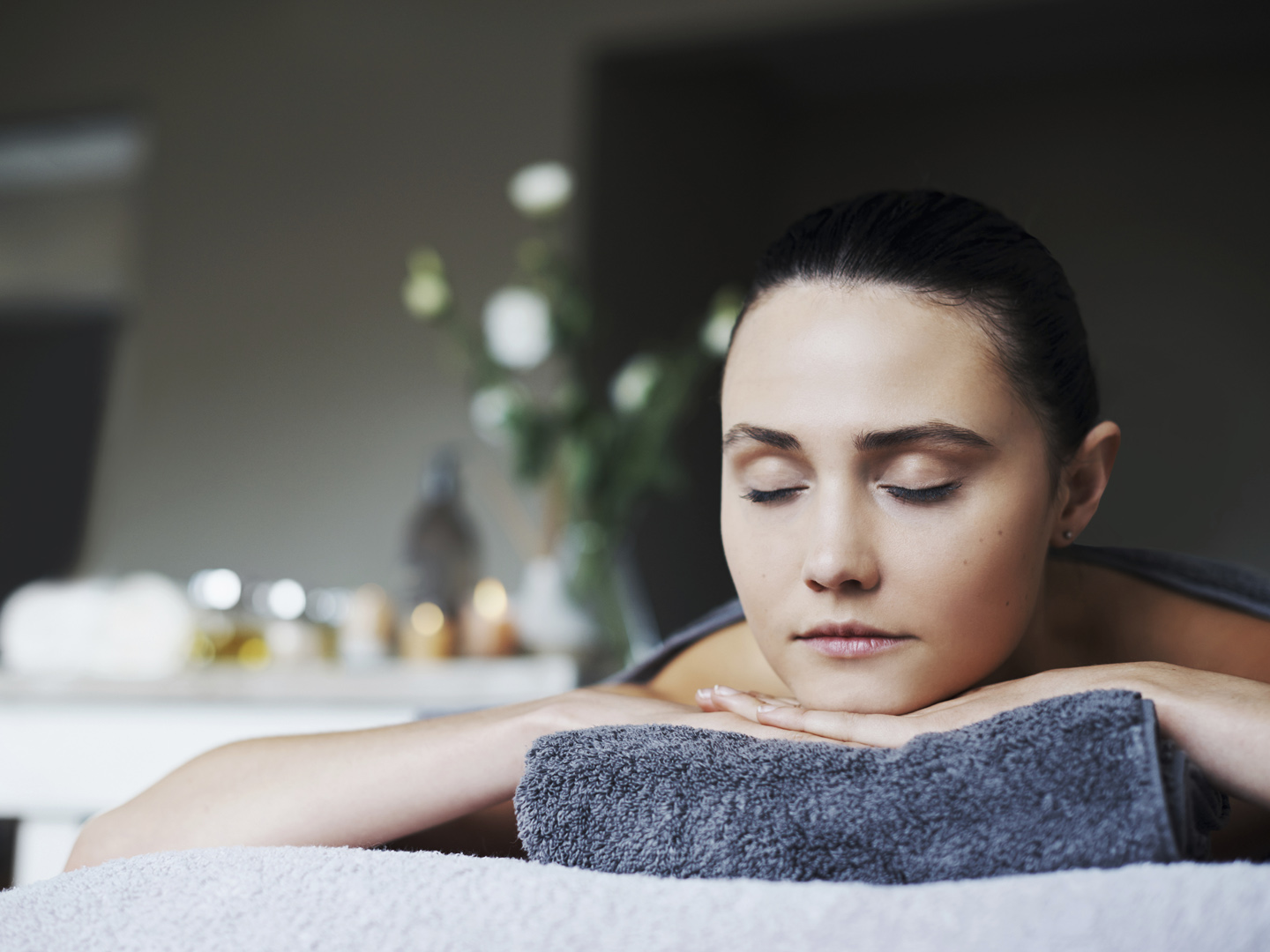Natural Sleep Aids & Tips

Natural Sleep Aids & Tips
Secrets to Sleeping Soundly
Avoiding Afternoon Slowdowns
Drowsing in the Afternoon?
Fighting Fatigue With Herbs
Natural Remedies for Insomnia
Sleep for Weight Loss
Trouble Counting Sheep?
Trouble Sleeping? Try Mantram
Strategies To Sleeping Soundly

There are many reasons why people have a difficult time falling asleep or staying asleep. The good news is that common problems with sleep are often easily addressed without the use of medication. There are no guaranteed cures for insomnia, but there are effective steps you can take, including adopting some basic lifestyle practices. Ask yourself these questions (and try the simple sleep aid recommendations) if you find yourself waking frequently in the night:
- Are you physically uncomfortable? A too soft or too firm mattress, an uncomfortable pillow, or older, worn-out bedding can all impede a good night’s sleep. Check your mattress for signs of wear at least twice a year, and consider new pillows. You may also want to see an osteopathic physician who specializes in osteopathic manipulative therapy. A session or two of this safe and effective treatment can be life-changing.
- Is your bedroom noisy? Consider a “white noise” generator to address insomnia. This is an inexpensive but effective device for making soothing sounds to mask jangling ones.
- Is your mind overactive? If you can’t sleep because of thoughts whirling through your head, try the Relaxing Breath, which can help you put aside the thoughts that are keeping you awake. A few stretches can help encourage sleep, too.
- Are you frequently getting up to urinate and then not able to get back to sleep? Eliminate caffeine and alcohol, especially before bedtime: both can increase nighttime urination and sleep disturbances.
- Are you using tech devices prior to sleep? This has become one of the most common sleep disturbing habits in our society today. Using smartphones, tablets, and computers prior to sleep can lower levels of melatonin and shorten REM cycles. Turning off technology one to two hours prior to sleep can really help.
If you experiment with all these possibilities and still wake in the early morning hours, try getting up and reading or doing some light stretching – anything other than watching the clock and worrying about the sleep you’re losing. Taking your mind off the problem can help to relax you and may help you to fall back asleep.
Avoiding Afternoon Slowdowns
Many people find themselves losing steam in the afternoon, due to a variety of reasons. If you experience afternoon slumps, ask yourself the following:
- Do you exercise regularly? Exercising can help keep your energy levels high, especially if you exercise in the morning.
- Are your lunches heavy in carbohydrates? Midday meals with lots of carbs can make you sleepy. Make sure your lunch has a balance of carbs and protein.
- Do your snacks come in the form of a cookie or candy bar? Stay away from refined and processed foods, especially products heavy in sugar. While they can cause an initial energy spike, they are usually followed by a crash.. Opt for healthier snacks, like fresh fruit, that will better sustain your energy.
- How do you combat boredom? Instead of slumping in your chair, get up and go for a brief walk to get your blood flowing.
- How much coffee do you drink in the morning? It can energize you early in the day, leaving you lethargic and slow in the afternoon. Green tea is a good coffee substitute, one that is less likely to make you feel sluggish in the afternoon.
Drowsing in the Afternoon?
Each of us has different patterns of high and low states of energy throughout the day. Some people find that exercise in the morning can go a long way toward keeping their energy level consistent during the afternoon. A strategy known to those who have become habitual exercisers is that effort creates energy. Don’t wait for energy to come when you are tired; as soon as you begin to feel that afternoon slump, shake it off by moving your body. Try taking a brisk walk after lunch. It may be what you need to keep you awake and alert the rest of the day.
Handling Fatigue With Herbs

If you feel worn down or are lacking energy due to improper sleep, a hectic schedule or day-to-day stressors, learn how to address fatigue naturally. Taking a few minutes for yourself and doing simple breathing exercises can be helpful, as can daily moderate exercise and getting adequate rest. Certain nutrients and botanicals can also help:
-
-
- Magnesium. Supplementation has been shown to help alleviate symptoms of fatigue in persons with low magnesium levels.
- Studies suggest that his herb (Eleutherococcus senticosus) can help enhance mental activity as well as physical endurance.
- Coenzyme Q10. This vital nutrient is involved in cellular energy production throughout the body.
- Ashwagandha. This Ayurvedic herb is prized for its ability to help the body deal with stress.
- Cordyceps. This traditional Chinese medicinal mushroom may help reduce fatigue and boost energy levels.
-
Natural Remedies For Insomnia
Sleep is an important part of reaching your health goals. Shakespeare called sleep “the chief nourisher in life’s feast.” Adequate sleep is a primary component of a healthy lifestyle. Although often the undesirable result of our busy lives, insufficient sleep may also be indicative of imperfect health, and can itself lead to future health problems.
Here are some suggestions for getting the sleep you need to protect body and mind:
-
-
- Eliminate caffeine from your diet, especially in the form of coffee, soft drinks, energy drinks,, as well as in over-the-counter drugs (check the labels).
- Practice daily breathing exercises, and the relaxing breath when falling asleep.
- Take a warm bath before bedtime.
- Get at least 45 minutes of aerobic activity every day.
-
Sleep For Weight Loss
Want help achieving and maintaining a healthy weight? Aim for eight hours of sleep a night. Research suggests that appetite-regulating hormones are affected by sleep and that sleep deprivation could lead to weight gain. In two studies, people who slept five hours or less per night had higher levels of ghrelin – a hormone that stimulates hunger – and lower levels of the appetite-suppressing hormone leptin than those who slept eight hours per night. So make sure getting adequate sleep is near the top of your optimum health checklist!

Trouble Counting Sheep?
Insomnia is relatively common, affecting about one-third of the adult population worldwide, and more women than men. Typical symptoms of insomnia include problems falling asleep, waking up frequently in the night with difficulty falling back to sleep, waking too early in the morning, and feeling unrefreshed when waking in the morning. The causes of insomnia are varied. Noise, temperature changes, medication side effects, jet lag, and a change in surroundings can all cause it, as can PMS, menopause, menstruation, or pregnancy.
If you suffer from insomnia, try to stick to a routine at bedtime, and go to bed at the same time every day. Avoid caffeine and alcohol before bedtime, and get plenty of exercise during the day. A dark room free of noise may also help; consider buying a “white noise” device if your bedroom is noisy. If you are having trouble falling asleep, try relaxation techniques like breathing exercises, meditation, or yoga.
Trouble Sleeping? Try Mantram
Mantram is the practice of repeating over and over in the mind certain syllables, words or phrases that help unify consciousness and counteract negative mental states. It is especially helpful for people with restless minds, whose turbulent thoughts keep them from falling asleep. The repetition of a verbal formula is a way of focusing the thinking mind and negating the effects of thoughts that produce anxiety, agitation and unhappiness.
You can practice mantram anywhere, especially as a sleep aid and a natural remedy for insomnia- it is a totally portable technique, requires no training or equipment, and can be used in any circumstance, so long as you don’t practice it while doing something that otherwise requires your undivided attention. Try experimenting with it – choose a word, sound or phrase that is pleasing to you, and repeat it. If your mind wanders, simply focus back on the word.
Find more information about natural remedies for insomnia and other sleep aid information by browsing Dr. Weil’s articles and advice.
Reviewed by Benjamin S. Gonzalez, M.D., May, 2016. Updated July 2024.













